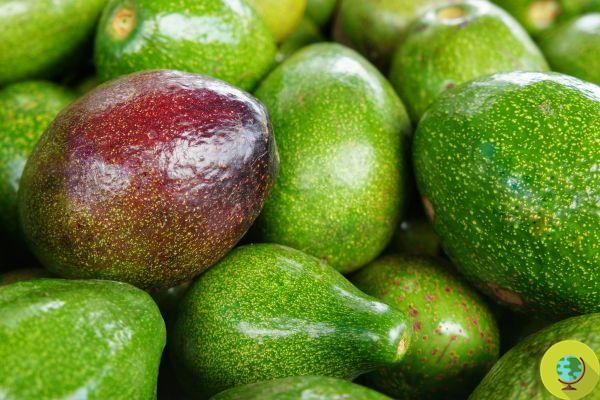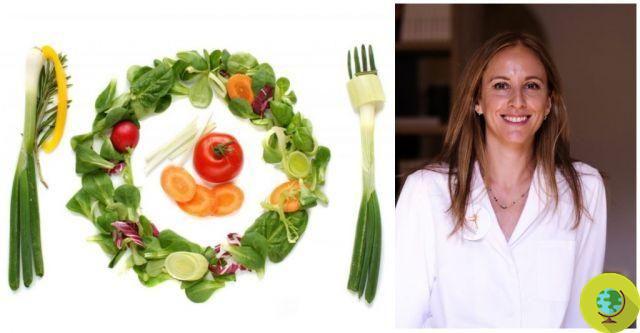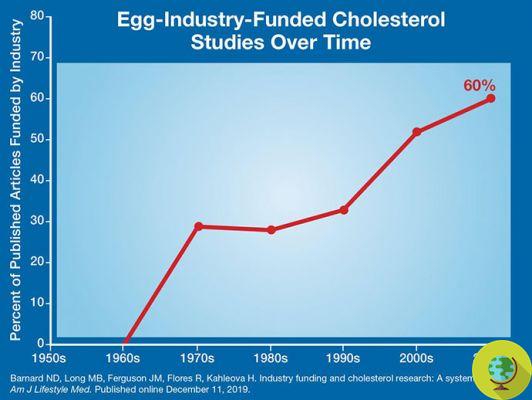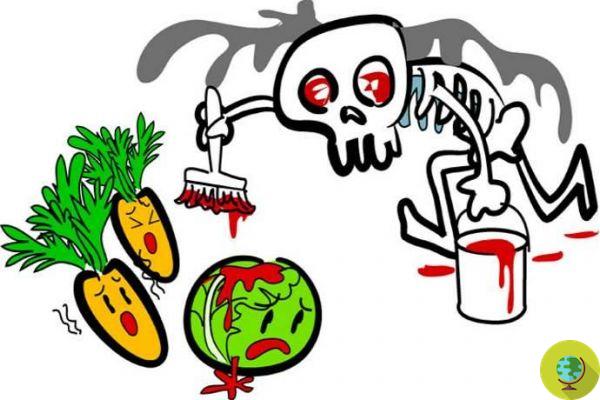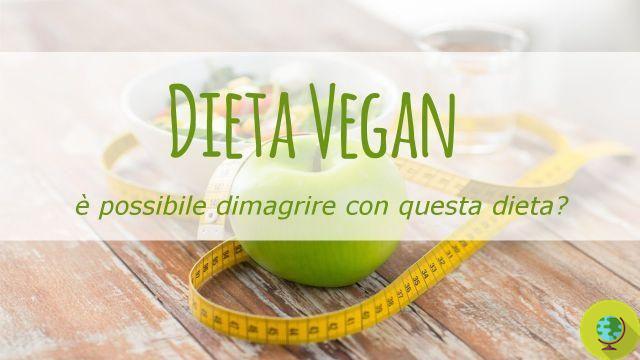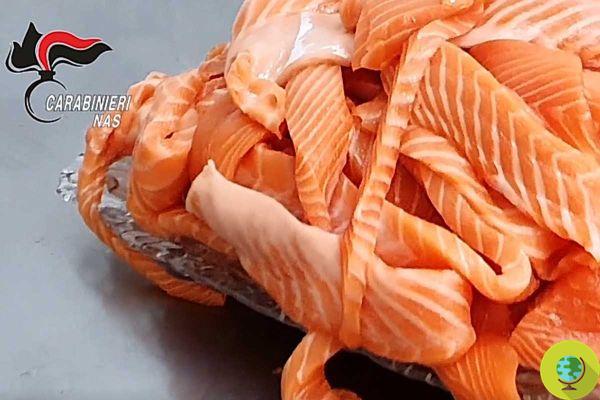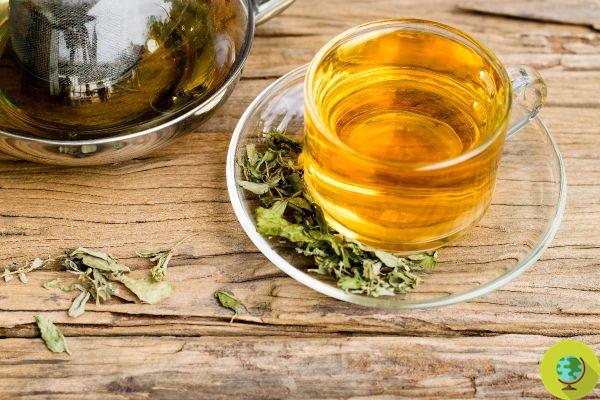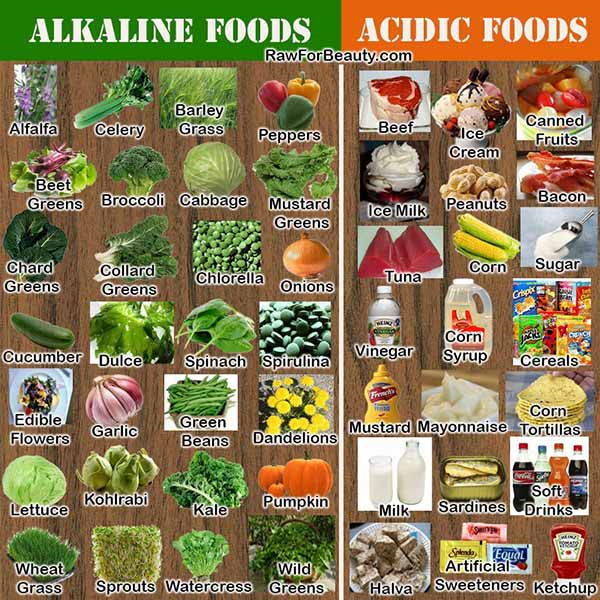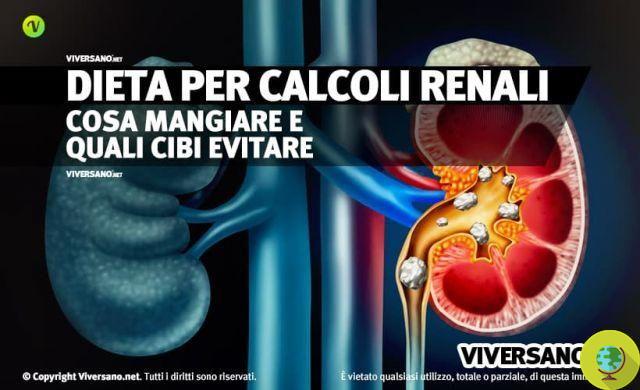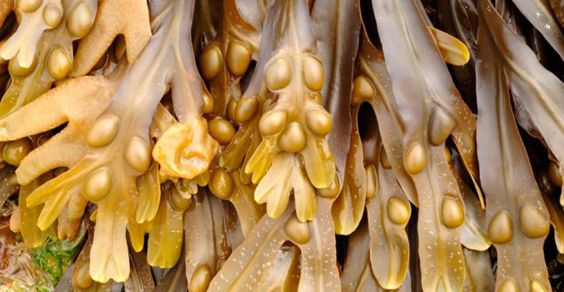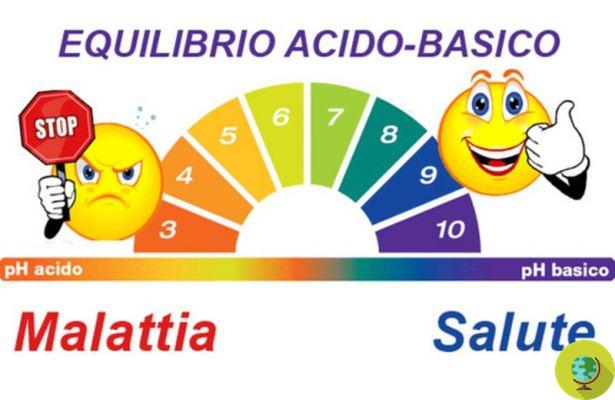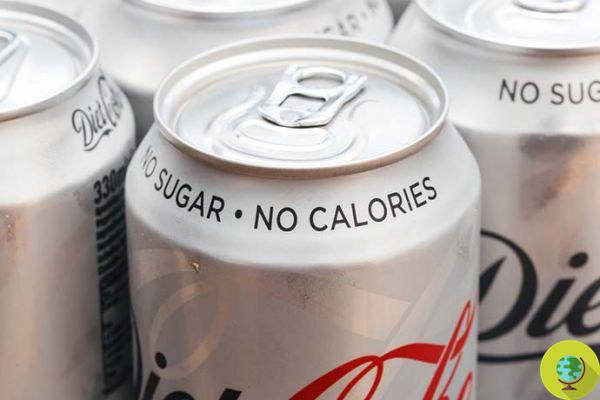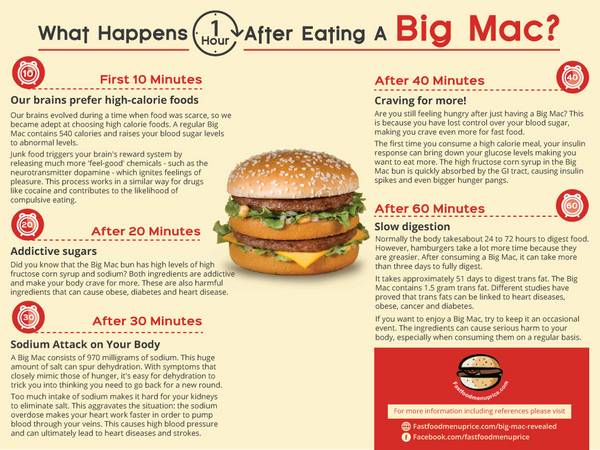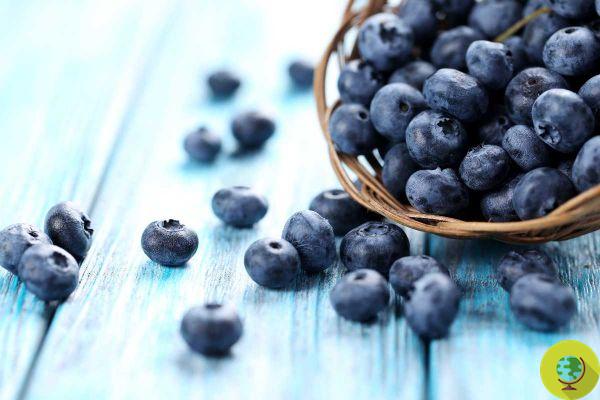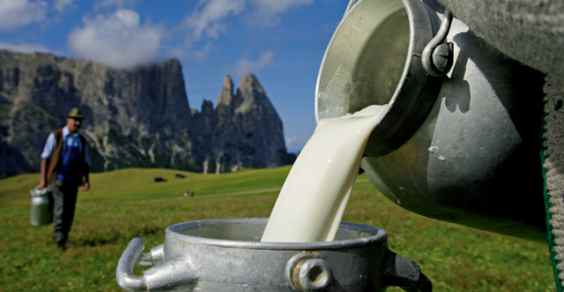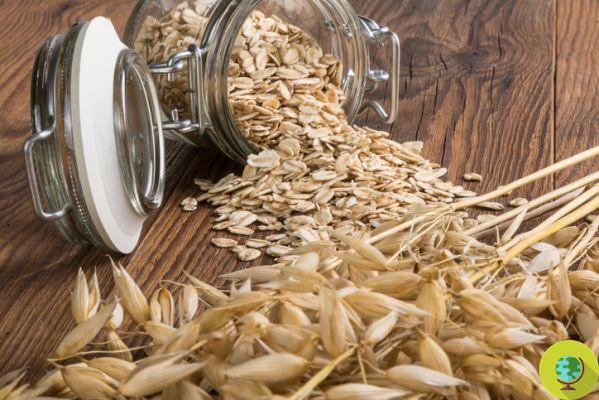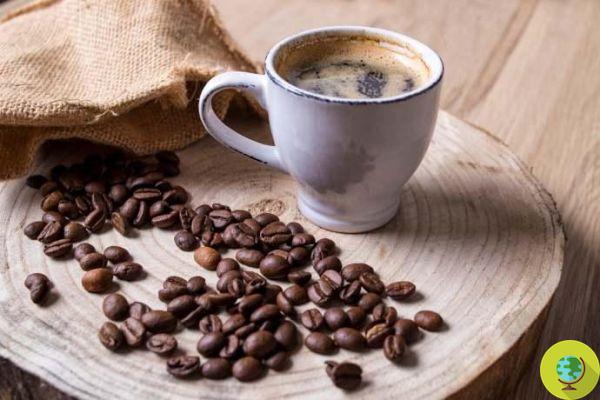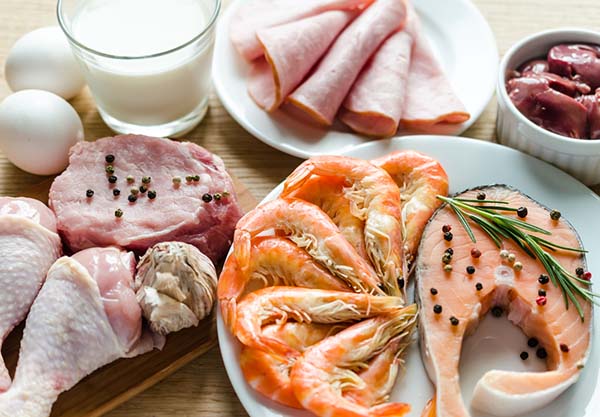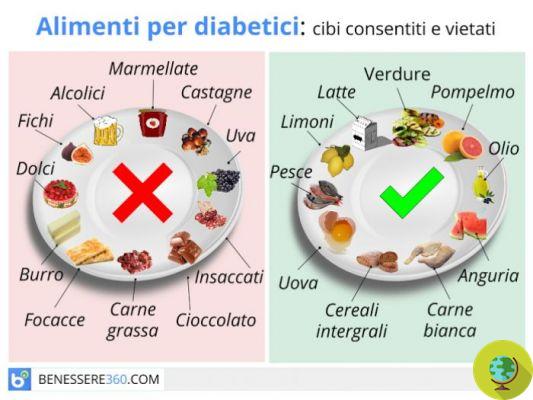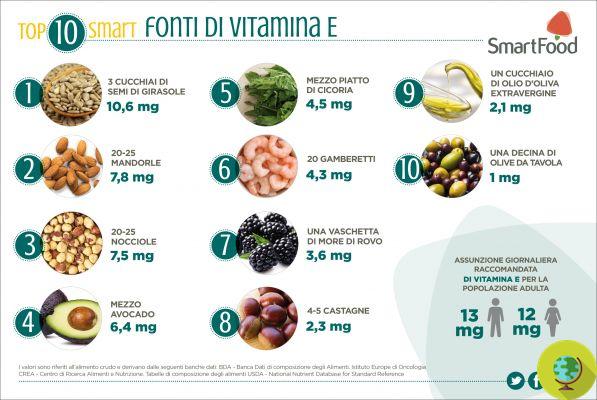
Vitamins. What are they, what they are used for and in which foods are they most present ...
Don't store avocado like this: it's dangerousLe Vitamins they are essential substances for our well-being which, as with mineral salts, must be taken through the diet since the our body is unable to synthesize them.
Often however due to aunregulated diet we lack it and we tend to underestimate this fact, not considering that this can lead to serious health problems in the long run. So let's find out more about vitamins and above all we learn which foods contain the most.
The first major classification regarding vitamins is the one that sees on the one hand the fat-soluble vitamins and on the other those water-soluble. The former (vitamins A, D, E, K) are soluble exclusively in fats and the body is able to accumulate while the latter are soluble only in water (vitamin C and group B) and cannot be accumulated, with the exception of B12 which instead is retained by the liver. It goes without saying that when we eat foods with fat-soluble vitamins it would be good to associate fats together (such as oil) to absorb them better, while in the case of taking water-soluble vitamins, it is good to associate them with water.
But let's see them now specifically:
Index
Vitamin A
Vitamin A possesses antioxidant and anti-inflammatory properties, in particular it is very useful for protect eyesight from stress and from diseases such as cataracts and macular degeneration. Contrasting i free radicals and helping the connective tissue to regenerate, this vitamin also acts as a real cell regenerator and helps keep the skin healthy. You can find this vitamin or its precursor (beta-carotene) in foods such as milk, eggs, carrots, apricots, radicchio and orange vegetables.
READ ALSO: Te 'bancha: a drink low in theine but rich in vitamin A, calcium and iron
Vitamin B1
La Vitamin B1 it is particularly important for the nervous system and brain health. Among his functions there is also that of help digestion (especially with regard to carbohydrates) and stimulate the appetite. Deficiency of this vitamin can cause tiredness, irritability, tachycardia, loss of appetite and memory disturbances. People who smoke, consume a lot of sugar, or are under stress should get more. Vitamin B1 is found in particular in whole grains, wheat germ, brewer's yeast, seeds and legumes.
Vitamin B2
This B vitamin is very important as it activates the enzymes useful to start several reactions within our organism. In particular, this vitamin is essential for the metabolism and health of eyes, skin, nails and hair as it helps cellular respiration and the formation of new red blood cells. B2 can be found in yogurt, brewer's yeast, almonds, whole grains and legumes.
Vitamin B3
Vitamin B3 is also known as niacin or vitamin PP. Among its main functions is to contribute to fat metabolism, carbohydrates and proteins, help the nervous system in its functions, improve circulation and reduce cholesterol in the blood. It is difficult to be deficient in this given vitamin found in many foods: whole grains, seeds, legumes, brewer's yeast, vegetables and fruit.
Vitamin B5
Vitamin B5 contributes to energy metabolism of our body, helps the nervous system and together with other B vitamins, helps keep the immune system healthy. This vitamin is found naturally in many foods including some types of fish, eggs, cereals, legumes, broccoli and cabbage.
Vitamin B6
La Vitamin B6 regulates the nervous system and it is crucial for synthesize serotonin, known as the good mood hormone. But there are many other functions of this vitamin including contributing to the development of muscles, the production of red blood cells and the good health of the skin. The foods that contain it the most are whole grains, bananas, avocados, hazelnuts, brewer's yeast and carrots.
Vitamin B8
Vitamin B8 is crucial for synthesize vitamin C, keep skin, nerves, hair and some glands in our body healthy. A deficiency can manifest itself as excessive hair loss, apathy, muscle aches or anemia. This vitamin is naturally present in oats, kale, mushrooms, legumes, brown rice, brewer's yeast and eggs.
Vitamin B9
B9 is more commonly known as folic acid and it is essential to ensure that our body can produce new cells, red blood cells and for the proper functioning of the brain. It is therefore clear how much this vitamin is important in pregnancy, among other things, it prevents neonatal malformations such as spina bifida. Particularly rich in B9 are the following foods: brewer's yeast, avocado, green leafy vegetables, rice and legumes. A deficiency of this vitamin can lead to anemia, disturbed concentration or sleep.
Vitamin B12
Vitamin B12 is produced in nature by algae, bacteria and fungi, but humans I am not able to synthesize it on my own and therefore it is necessary to take it with food. This vitamin contributes to the synthesis of DNA and hemoglobin and is essential for keeping at the right levels homocysteine, an amino acid that has been linked with the risk of developing some serious diseases. It is difficult for omnivorous people to be deficient in B12 (with the exception of the elderly), while the situation is different for vegans. which integration is recommended or through fortified foods or with real supplements. In fact, B12 is found mainly in meat, fish, eggs and milk.
READ ALSO: Vitamin B12: what are the safe sources?
Vitamin C:
Vitamin C (ascorbic acid) is one of the best known vitamins, particularly for its ability to give strength to the immune system and for its antioxidant properties. Among its characteristics there are then the ability to facilitate theiron absorption, help the production of red blood cells and the synthesis of collagen which strengthens muscles, bones and blood vessels. Serious deficiencies of this vitamin lead to scurvy, but in our society it is difficult to go that far, more likely to have less serious deficiencies that can lead to anemia, slow healing and bleeding from the nose. Among the foods richest in vitamin C we remember grapes, peppers, parsley, strawberries, rocket and citrus fruits. To keep the properties of this vitamin intact, it would be good to consume raw fruit and vegetables.
READ ALSO: Vitamin C against colds: the foods that are richest in it
Vitamin D
Vitamin D is essential for good bone health (since it regulates calcium metabolism) of the nervous system and heart. Its deficiency can lead to osteoporosis and anemia, while rickets in children. The best way to make sure your daily dose of this vitamin is expose yourself to the sun every day for 15-20 minutes, in this way our body is able to synthesize it. However, there are also foods that contain vitamin D among these: fish, milk and eggs.
READ ALSO: Vitamin D: the importance of the sun and the myths to dispel
Vitamin E
Vitamin E is best known for its antioxidant properties and, since it helps to counteract cellular aging, it is often present in anti-aging cosmetic products. A deficiency in this vitamin can lead to feelings of tiredness, weakness and difficulty concentrating. The foods that contain the most are vegetable oils, seeds, hazelnuts, pine nuts and almonds.
READ ALSO: Vitamin E: the 10 best plant sources
Vitamin K
Vitamin K in healthy condition comes naturally synthesized by our intestinal flora, but of course you can run into deficiencies if you take antibiotics. The most important feature of this vitamin is its anti-haemorrhagic properties, it is useful in fact for blood coagulation and its deficiency can cause epistaxis (i.e. nosebleed) or other bleeding. Vitamin K is mainly contained in green leafy vegetables.




